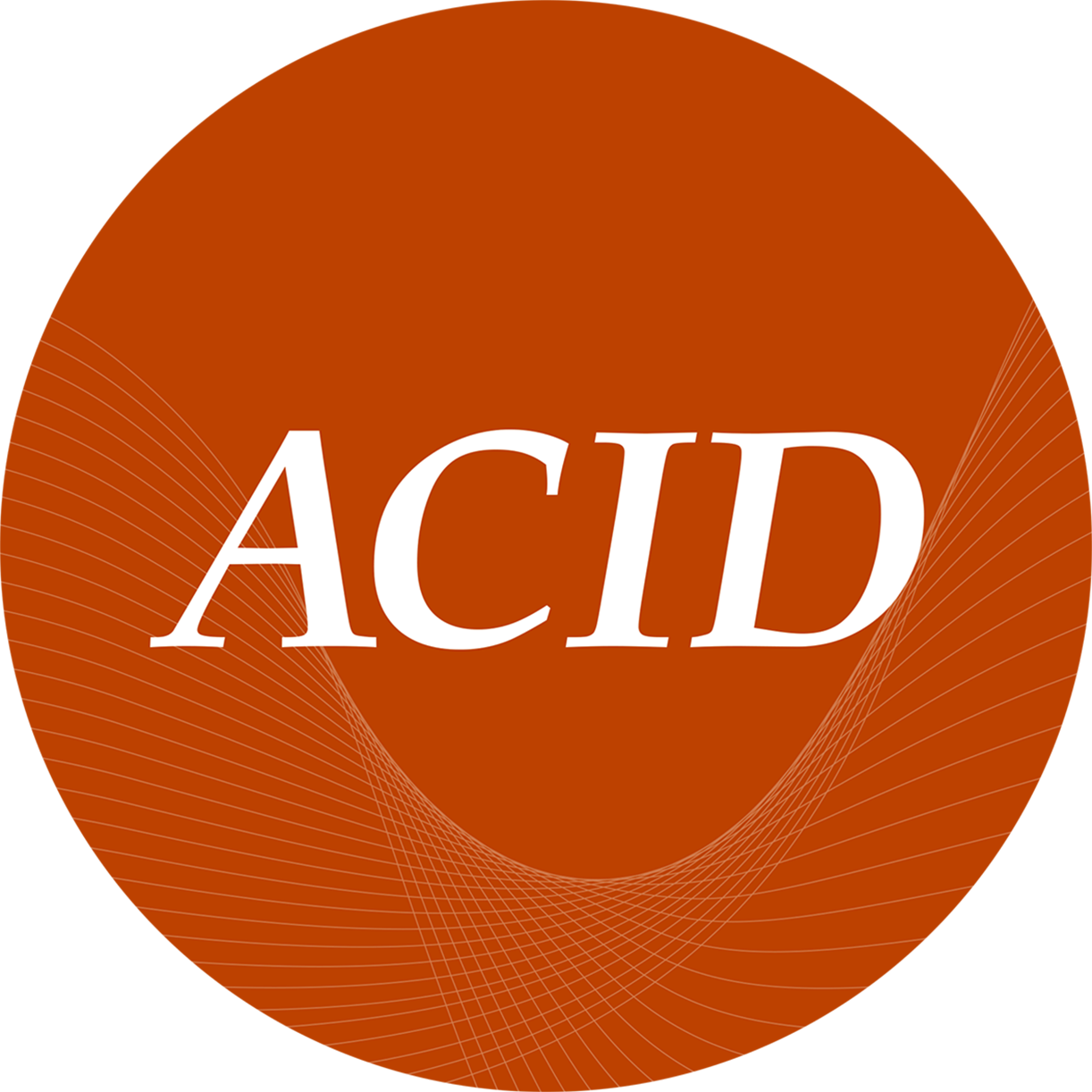Dr. Jiaxi Peng is a Professor and Master's Supervisor at Chengdu University, where he serves as the Director of the Mental Health Education Center. His research focuses on emotional disorders and positive psychology, aiming to understand how psychological factors influence mental health outcomes and well-being, distinguishing his work through rigorous experimental design and practical applications in diverse populations. Dr. Peng graduated with a bachelor's degree from Beijing Normal University's School of Psychology in 2010, then pursued his master's degree at the Fourth Military Medical University, and notably served as a visiting scholar at the University of Pennsylvania in the United States from 2015 to 2016, before obtaining his doctoral degree in Applied Psychology in 2016. Dr. Peng has published over 60 scholarly articles (with 41 indexed in SCI/SSCI journals, including one paper in the ESI 0.1% hot papers database), has been cited more than 3800 times, maintains a Google Scholar H-index of 28, and has secured some major research grants, including those from the National Natural Science Foundation of China and the Ministry of Education Humanities and Social Science Foundation. He serves as Associate Editor for multiple SSCI journals including Frontiers in Psychology, Psychological Reports, and Frontiers in Communication, and holds editorial board positions with WORK, BMC Psychology, Scientific Reports, and Chinese Frontiers in Psychology, while also acting as a peer reviewer for over ten prestigious international journals. Dr. Peng aims to advance the understanding of behavioral decision-making in various contexts including health, occupation, and education, with a particular focus on developing interventions based on positive psychology principles to enhance psychological resilience and well-being. His professional expertise encompasses experimental design, statistical analysis, psychological assessment, research mentorship, interdisciplinary collaboration, and translating theoretical findings into practical applications for mental health education and intervention programs. Beyond his academic pursuits, Dr. Peng enjoys hiking in nature, playing chess, reading philosophy, and practicing mindfulness meditation as ways to maintain his own psychological balance and model the principles of positive psychology that he advocates in his professional work.










